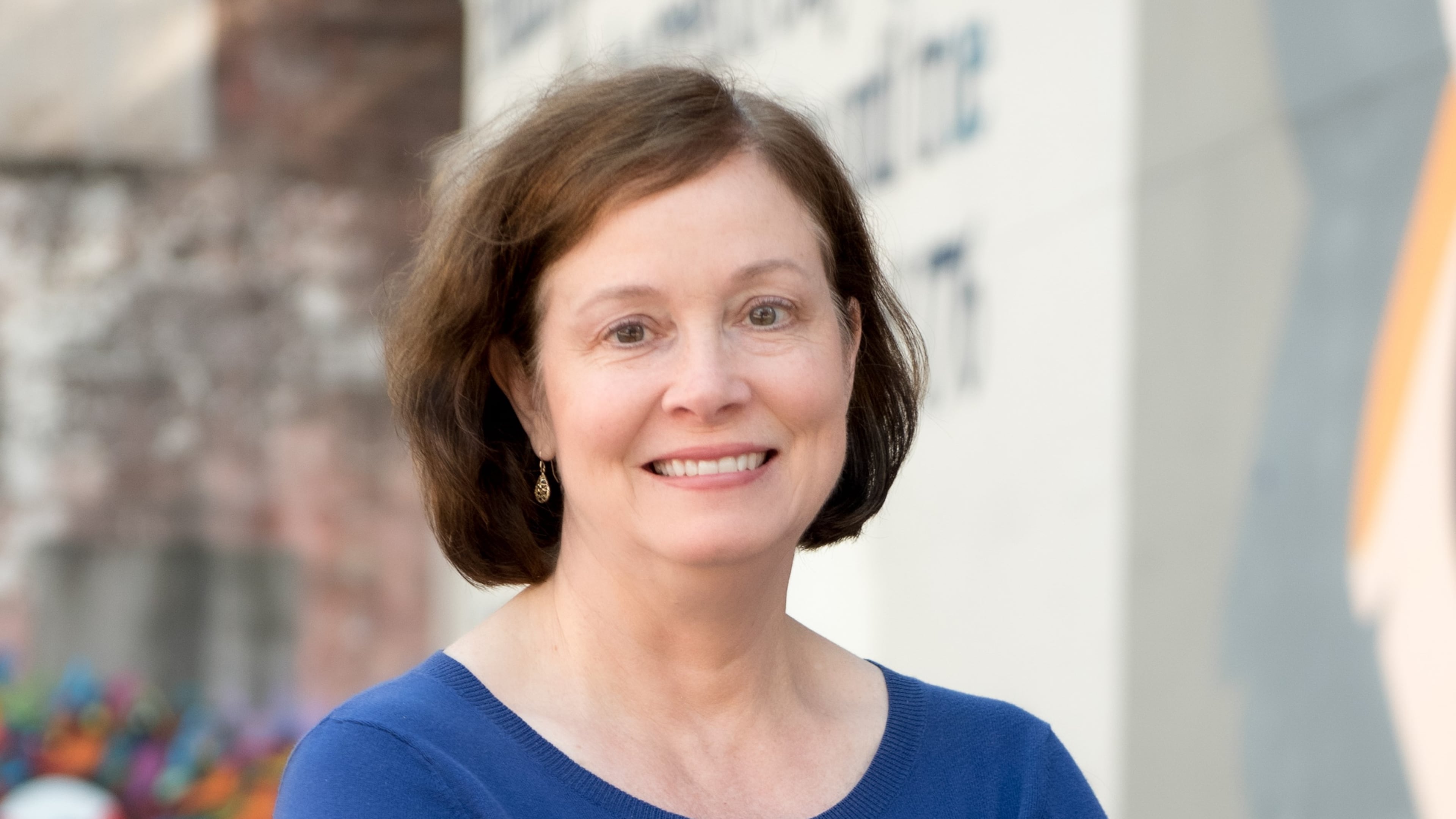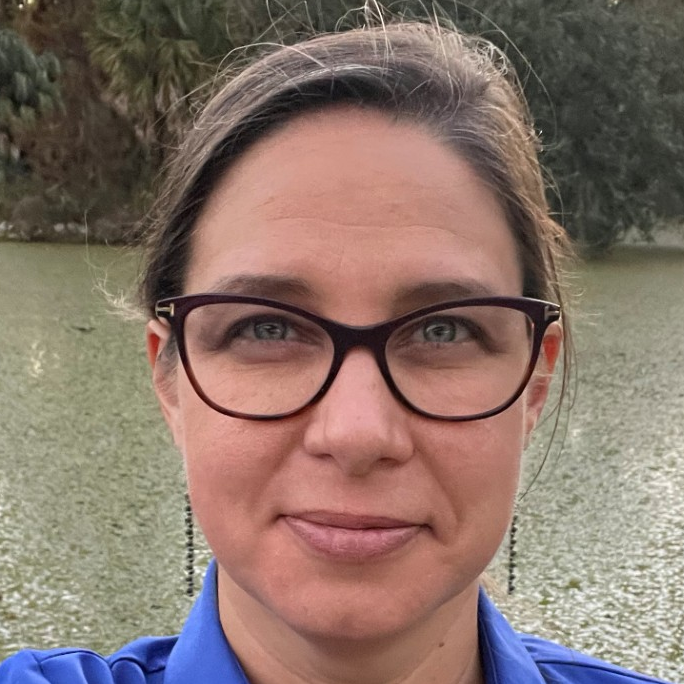Ex-PSC candidate took notebook of Georgia Power trade secrets, police say

Patty Durand, a former Democratic Public Service Commission candidate who openly criticizes the agency and Georgia Power, the utility it regulates, was arrested Tuesday near the commission’s downtown Atlanta headquarters, law enforcement officials confirmed to The Atlanta Journal-Constitution.
Durand was charged with theft of trade secrets, which is a felony, Fulton County jail records show. The arresting agency is listed as the Capitol Police, a unit of the Georgia State Patrol, that protects the Capitol complex.
According to a warrant for her arrest, Durand was seen on video taking a booklet of Georgia Power materials labeled trade secret, a designation for confidential business information that has not been made public.
The warrant says Durand exited the PSC hearing room, where testimony was being delivered to the commission in a case involving Georgia Power at 12:04 p.m. Tuesday. Video cameras captured her reentering the room moments later and then picking up a booklet of trade secret documents from a desk, the warrant said. The hearing was adjourned at the time for a lunch break.
After placing the files back, she walked to an another desk, where a second booklet containing the same materials was located, according to the warrant. Durand picked up the second set of files and after flipping through them, placed them in her purse and left the hearing room, the warrant says.
It is unclear if Durand has an attorney. Attempts Tuesday night and Wednesday morning to reach her and other representatives for her were not immediately successful.
Durand has long criticized Georgia Power for concealing information under the cloak of trade secret about various initiatives and requests of state regulators. As of about 1:30 p.m. Wednesday, a bond had not been set, according to the Fulton jail website.
A statement from a Georgia Power spokesperson said the company is cooperating with law enforcement and cannot comment on any criminal investigation.
“Theft or exposure of proprietary information is a serious matter. While we operate transparently, some data must remain confidential to protect customer interests and ensure we deliver the best value to all customers. Unauthorized disclosure risks harming both our company, the vendors and contractors with whom we do business, and the customers we serve,” the statement said.

Georgia PSC spokesperson Tom Krause also told the AJC the issue was a matter of law enforcement.
Durand, is not a candidate this cycle for either of the two contested PSC seats. Early voting is underway, and Election Day is Nov. 4.
Durand, a fixture at the PSC for years, attended the Tuesday hearing, which focused on Georgia Power’s request to greatly expand its generation capacity to serve an influx of data centers. She spoke along with dozens of others during the time for public comment.
“It is unfathomable to me why anyone listens to Georgia Power’s lawyers, staff or witnesses about anything,” she said. “Their claims about cost and demand growth have no credibility because nothing they’ve said in the past has proven to be even close to true.”
Georgia Power has defended the projections of substantial new electricity demand, citing the huge needs of large-scale data centers. Metro Atlanta is the top market for new data center leasing, which is fueling a development surge.
During her public remarks, Durand also took swipes at the commissioners, accusing them of taking campaign contributions from lawyers who do business before them. A recent AJC story showed that two commissioners who are up for reelection have accepted contributions from executives of companies that have benefited from some of the board’s most controversial decisions.
The hearing took a break at 11:55 a.m. and resumed one hour later. Shortly after reconvening, Chairperson Jason Shaw abruptly interrupted a Georgia Power executive in the middle of a sentence to say they needed to take another short recess.
“We’re going to stop right here for a brief recess … take a five-minute break, a 10-minute break give or take,” he said, rising from his chair and quickly leaving the room. That a commissioner interrupted someone testifying is unusual, to the point that regular attendees in the hearing room commented about the action as well.
Shaw stopped the meeting again later, saying that those who were watching the hearing on the PSC’s YouTube page commented that the audio was unclear. The meeting continued after those brief interruptions and adjourned at 5:20 p.m.
In newsletter posts this year, Durand criticized Georgia Power’s frequent use of deeming information as classified or “trade secret,” alleging that the company is hiding information from the public.
The utility frequently redacts chunks of certain filings, claiming the information is “confidential and proprietary,” and that its public release could put the company at an economic disadvantage.
In June, a nonprofit Durand founded, Georgians for Affordable Energy, was one of several groups that tried to force some PSC commissioners to recuse themselves over comments and appearances they made touting a preliminary agreement to freeze Georgia Power’s rates.
Durand’s group and the other complainants argued the remarks, made before hearings were held on the case, demonstrated bias and violated state rules.
The commissioners ultimately rejected the call to recuse themselves.




